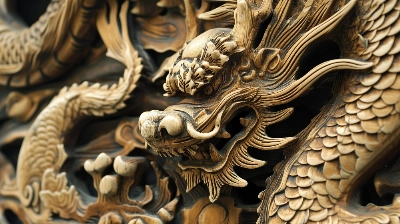SYDNEY -- The cheering has died. Hardheaded businessmen are taking a second look. Suddenly the newly agreed Australia-United States Free Trade Agreement is looking distinctly one-sided -- and not in Australia's favor.
A national letdown is palpable. Everyone here has been so keyed up in anticipation of Australia joining the world rush to bilateral trade pacts, especially with the world's biggest economy, that the final signing was greeted with widespread acclaim. The deadline had been reached when U.S. President George W. Bush had to stop applauding his little mate, Australian Prime Minister John Howard, and start concentrating on being re-elected next November.
But as Howard learned, U.S. politicians have no foreign buddies in an election year. Not when America's notorious Sugar Mafia controls so many seats in Congress. So sugar, a commodity vital to northeastern Australia's economic health, is missing from the deal.


















With your current subscription plan you can comment on stories. However, before writing your first comment, please create a display name in the Profile section of your subscriber account page.